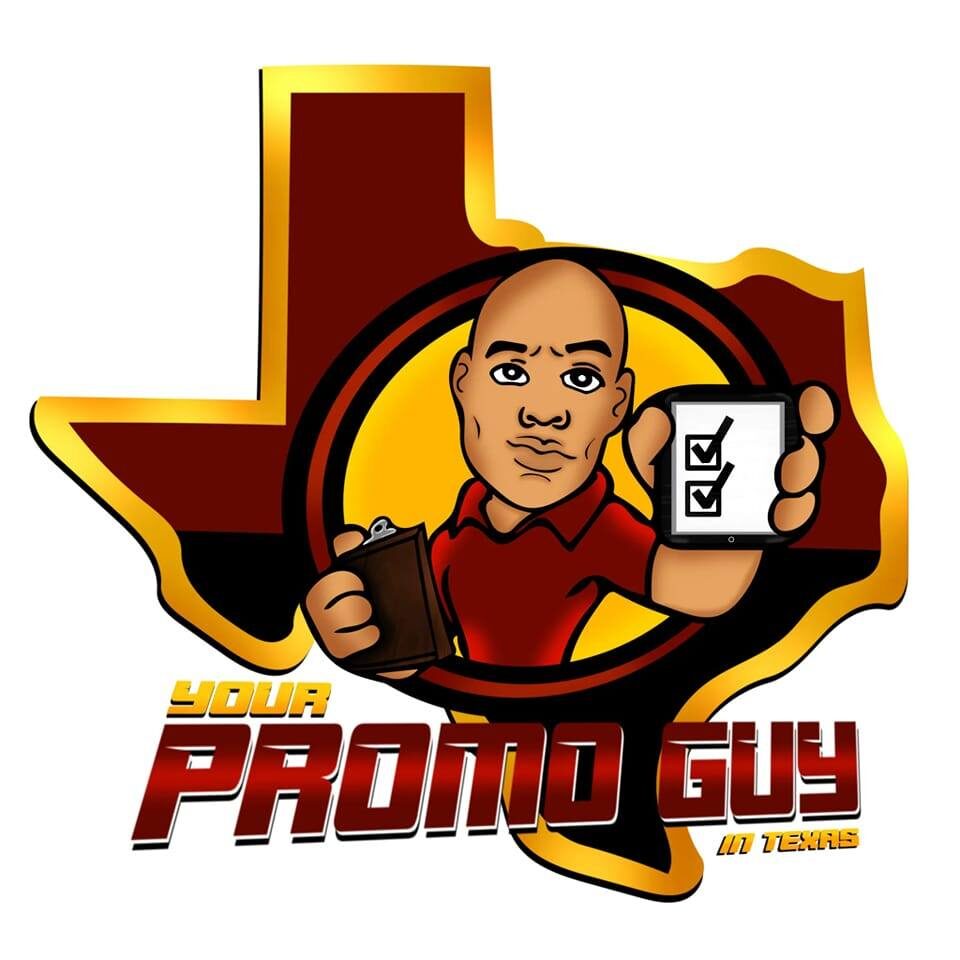Electronic music has long ceased to be the destiny of only enthusiasts and amateurs. Now absolutely everyone can join this business, all you need is a computer or a smartphone. There are already a lot of different sequencers, samples, and other instruments on the web. Moreover, you can get them legally, without even visiting dubious sites and “hacker forums”.
All you need to do next is to find a required tutorial on YouTube from the category “how to make a beat check in fl studio in five minutes”, and voila. The start of your music career is given, the only thing left is to develop.
Well, that’s all now. What about back then, when the grass was greener and electronic music was more for those guys who were more into programming than the music itself? Just at that time, “tracker” was at its peak in popularity.
What is tracker music?
Tracker or modular music is a genre of electronic music created with a special tracker program. It occupies a transitional position between the already recorded audio file (MP3, WAV) and the musical sequence of digital musical instruments (MIDI). The tracker itself is an interface or a special music editor in which the sequence and tonality of pre-prepared sounds are put down. From the usual sequencers (which are also formally tracker programs) tracker differs by a limited set of samples. That is, using it, it is impossible to sample and use like royalty free epic music an already prepared melody, or to play those sounds, which were not initially recorded in it.
A tracker file or, as it is also called, a module file is an encoded text that contains a score of sounds that are provided by the program and can be played by an audio chip. Here it is convenient to draw an analogy with an orchestra, where each instrument plays its tune, guided by the conductor’s instructions.
Because such music does not play back an already prepared recording, but as if it were played anew, tracker files have comparatively little weight. This was especially useful in video games of the “before” and “beginning” of the IBM PC era. There was very little space on floppy disks, and the game itself had to fit on them in addition to the video game music. Actually, because of the frequent use of tracker music in the game mode of previous years, it began to be called VGM music (video game music).
The original name “Tracker music” comes from the word track, that is, the audio track, on which the sounds in the tracker interface are placed.
History
Tracker music started with the release of the first tracker program “The ultimate sound tracker” in 1985. The developer of the program was the German programmer Carston Obarski, who, trying to standardize the process of writing music for the Commodore Amiga computer, created a music editor whose files had the extension. Mod (module file). The program allowed you to write music using the Amiga platform’s hardware mixer, and then save the track as a text instruction file.
The functionality of the first tracker was limited only to four soundtracks and a comparatively small, even at the moment of its release, set of samples, which could be played by the Motorola 68000 sound chip. Later this standard was used on other platforms, including modern sequencers.
Because many trackers were distributed on a free-of-charge (freeware) basis, the tracker music began to enjoy great popularity not only among developers but also among enthusiasts. The community accepted the new toolkit warmly, and its usage became extremely popular on the demoscene – the special subculture of computer geeks of those years.
Tracker Music Today
The format of distributing tracker music in the form of “demos” – videos created on obsolete computer hardware – remains popular to this day. You can find many variants of both the “demo” itself and recordings of music in the tracker interface on YouTube. The Tracker Ninja channel especially stands out in this respect, you can listen to old recordings from the “demo” and new tracker music there.
The sites demoscene.ru and chiptown.ru contain a lot of information about the demo and tracker scene, some sections of the sites are alive and updated now. There is also quite a popular online radio Keygen-FM, many tunes from there will be familiar to those who once downloaded pirated software and used different cracks and keygens.
Tracker music has its base of listeners, mostly electronic music fans. Although directly in the community more often appreciate it is the technical, rather than the aesthetic component of the compositions. Write a sophisticated melody with a limited toolkit is the main challenge for demoscene enthusiasts.
You don’t need music education or skills to create tracker music, you just need to know the functionality of the program. But the phrase “Easy to learn and difficult to master” fits perfectly here, because real masterpieces are created only after long hours of sitting in the tracker.














